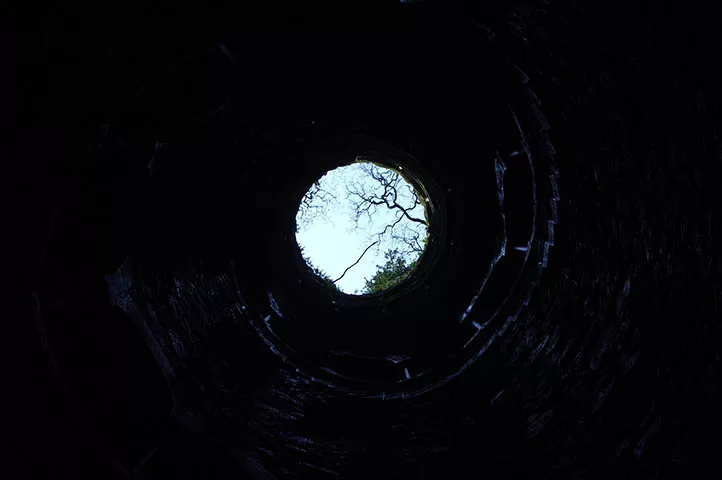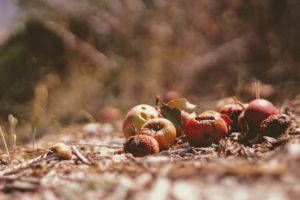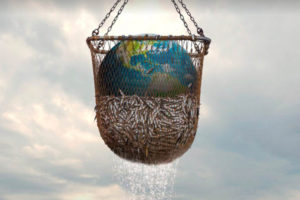The science is crystal clear: animal agriculture is butchering the planet. Study after study, the evidence is piling up, and captivating books and documentaries are getting the message across to the public. Yet, meat was still on the menu at the COP27 Climate Change Conference – and missing from the agenda.
Animal agriculture is the largest water user in the world and the leading cause of deforestation, biodiversity loss, and ocean dead zones. In the unprecedented 2021 documentary Eating Our Way to Extinction, narrated by Kate Winslet, we are informed that “Our diet is taking us to an abyss.” Indeed, the United Nations Environmental Program identifies agriculture as the biggest threat by far to the planet’s biodiversity. The UN Food and Agriculture Organization has demonstrated that agriculture makes an enormous contribution to global warming as well. As we approach the abyss, the Conference of the Parties has discreetly tightened up the blindfolds that prevent us from seeing the right way forward.
In 2018, University of Oxford researchers released two groundbreaking studies, both described as the most comprehensive recent analyses of the environmental impact of food. One study, led by Marco Springmann, concluded that to keep global temperatures below the 2°C threshold, “developed countries need to reduce meat consumption by 80%.” Joseph Poore, the leading author of the second study, noted that the shift to a plant-based food system would reduce global agricultural land by an area the size of Africa. Poore put it simply: “A vegan diet is probably the single biggest way to reduce your impact on planet Earth.”
With up to 49% of Americans agreeing with the statement, “I support a ban on the factory farming of animals,” the clock is ticking for the meat industry. However, it’s ticking faster for the climate crisis.
It isn’t always feasible to stop driving, flying or having children – the three most impactful choices an individual can make, other than eating plant-based, to tackle climate change. But picking beans over beef? That’s something most of us can do.
Although COP27 did serve plant-based options, that observation misses the point. The concern is not about accommodating the preferences of vegans but instead about encouraging everyone to eat sustainably. A plant-based menu would avoid the hypocrisy of advocating on behalf of a pressing crisis while actively and unnecessarily contributing to it. It would send a powerful – and urgent – message to the world.
Sadly, the majority of delegates at the recent COP15 Biodiversity Conference also failed to take action on the devastating impact of animal agriculture, despite evidence that the food system is the primary driver of biodiversity loss.
The COP should lead by example, and the fact that it hasn’t changed its menu yet reflects the choices we make as consumers. Many of us flood the streets and yell for “Fridays for Future” and “There is No Planet B”, but fail to make the connection when we sit down to eat – the one place where we can have an incredible impact by making a few simple changes.
Instead of conveniently ignoring the impact of animal agriculture on the environment while preaching progressive sustainability, let’s be our own example. As we approach the abyss, let’s toss the blindfolds aside and watch our plates closely – they might dictate whether our future holds a fatal plunge or a miraculous revival.








